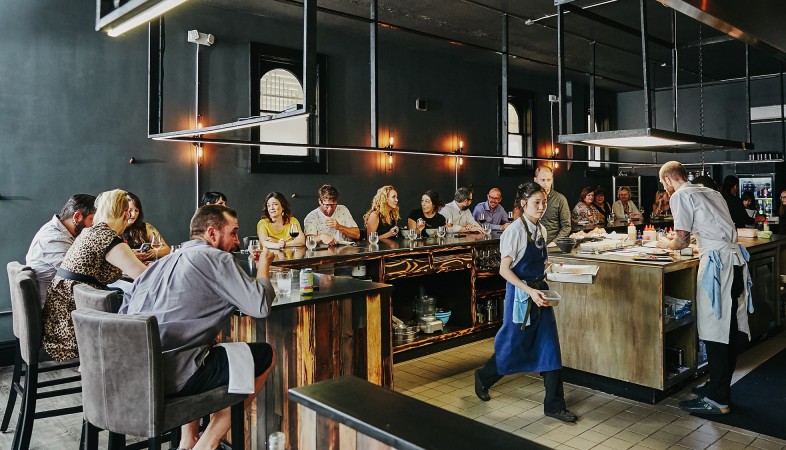SHARE
Commercials
More Posts
Mar 15, 2025
Rose Petal Thandai - By Chef Selva Kumar
May 12, 2025
Avare Kalu Akki Roti - By Chef Bharath Bhushan C
May 24, 2025
Dry Fruits Peda - By Falguni Somaiya
Mar 13, 2025
Til Aur Khajur Ke Ladoo - By Chef Reetu Uday Kugaji
Mar 15, 2025
Rose Petal Thandai - By Chef Selva Kumar
May 12, 2025
Avare Kalu Akki Roti - By Chef Bharath Bhushan C
May 24, 2025
Dry Fruits Peda - By Falguni Somaiya
Mar 13, 2025
Til Aur Khajur Ke Ladoo - By Chef Reetu Uday Kugaji
Mar 15, 2025
.png)




























